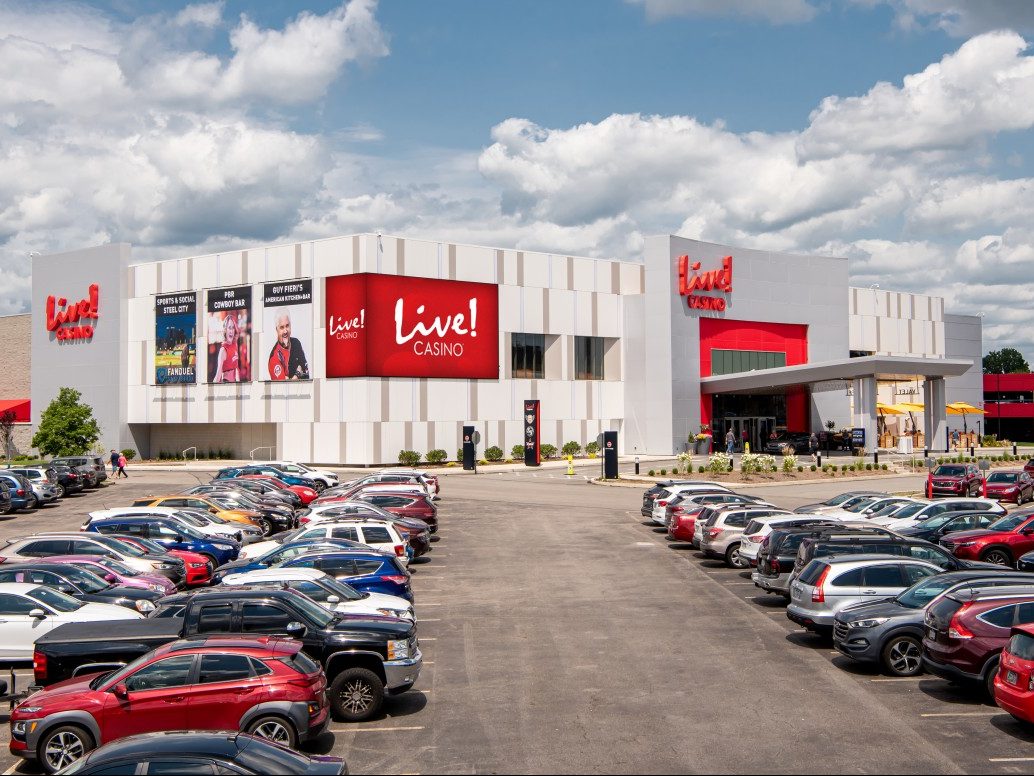Economy Watch: Consumers, Investors a Bit Glum
There's nervousness afoot about the U.S. economy and both consumers and investors seem to be feeling it, leading to distinct impacts on commercial and residential real estate.
By Dees Stribling, Contributing Editor
There’s nervousness afoot about the U.S. economy (and much of the rest of the world), evident since at least this summer, and it’s proving hard to shake. Both consumers and investors seem to be feeling it, and both groups have distinct impacts on commercial and residential real estate. A lag in consumer confidence, especially a sustained one, has a broad impact on the economy, and a more specific impact on retail real estate as people cut back on their buying. As a crisis in consumer confidence rises, there’s also the potential for an adverse impact on for-sale residential properties, as fewer people are certain about buying a house. That was demonstrated all too clearly in 2008 and 2009.
The Conference Board reported on Tuesday that its Consumer Confidence Index, which had increased moderately in September, declined in October. The index now stands at 97.6 (1985 = 100), down from 102.6 in September. The Present Situation Index dropped from 120.3 last month to 112.1 in October, while the Expectations Index edged down from 90.8 in September to 88.0 in October. The Conference Board’s director of economic indicators, Lynn Franco, posited that consumers were less positive about present-day conditions, particular the job market, and they don’t anticipate the economy strengthening much in the near term.
A crisis in confidence among investors is a bit different. It helps bring about a contraction in the business cycle, which can lessen demand for most kinds of real estate,with the effect particularly pronounced in the office market. Uncertain businesses are less likely to expand, and less likely to take on more office space – or even more likely to find ways to reduce their need for space through layoffs or workspace consolidation, a trend that started before the recession but which got a major kick forward when the bad times came. On the other hand, in times of uncertainty, some investors are prone to turn to assets like real estate in preference to equities.
Also on Tuesday, State Street reported that its Investor Confidence Index dropped 2.3 points in October to 114.3. The drop was something of a repeat of the summertime drop, which took the index from over 125 in June to about 110 in August, which was a nervous month worldwide. According to State Street, a good confidence measure should indicate whether, for a given set of fundamentals, investors have an increased or decreased appetite for risk. For now that appetite is going down.






